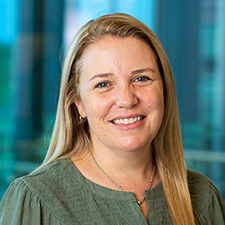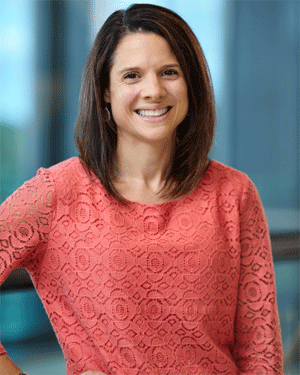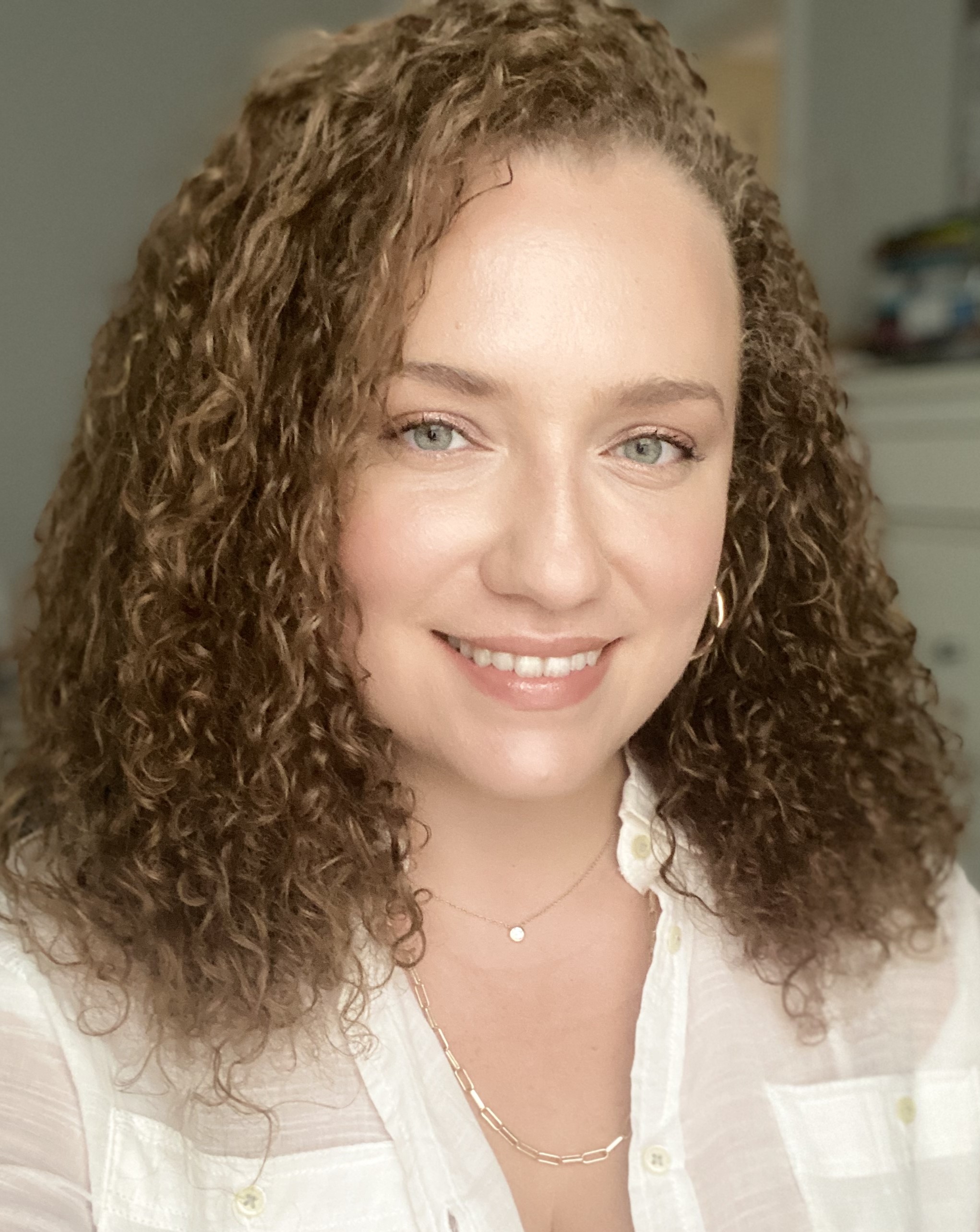Listen Now
Topics Covered
- Overview of Young Adults Living with Cancer, including Delays in Diagnosis
- Where to Seek Cancer Treatment: Selecting Your Oncology Health Care Team, Including Young Adult Cancer Programs
- The Importance of Treatment Summaries
- Follow-Up with Your Oncologist & Primary Care Doctor
- Managing Post Treatment Side Effects/Late Effects
- Talking with the Health Care Team about Survivorship Questions & Concerns
- Financial Concerns, Including Health Insurance Coverage, School, College & Career
- Knowing Your Rights: ADA (Americans with Disability Act), FMLA (Family Medical Leave Act) & Additional Legal Protections
- Choosing Who & What to Tell Others: Disclosure
- Working During Cancer Treatment: Suggestions from the Health Care Team
- Dealing with Physical Changes Due to Cancer or Its Treatment
- Coping with Concerns about Cancer Recurrence
- Guidelines to Prepare for Telehealth/Telemedicine Appointments, Including Technology, Prepared List of Questions & Discussion of OpenNotes
- Questions to Ask Our Panel of Experts
Our Panel of Experts

Emily S. Tonorezos, MD, MPH
Director, Office of Cancer Survivorship, Division of Cancer Control and Population Sciences, National Cancer Institute (NCI)

Michelle Mollica, PhD, MPH, RN, OCN
Deputy Director, Office of Cancer Survivorship, Division of Cancer Control and Population Sciences, National Cancer Institute

Julie Babayeva, Esq.
Supervising Attorney, LegalHealth, Cancer Advocacy Project, New York Legal Assistance Group (NYLAG)

Matthew Marroquín
Program and Community Coordinator, Stupid Cancer

Hayley Feuchs, MSW
Oncology Social Worker, CancerCare
Brochure
You can download the brochure for this workshop
Workshop Date
This workshop was originally recorded on December 15, 2023.

